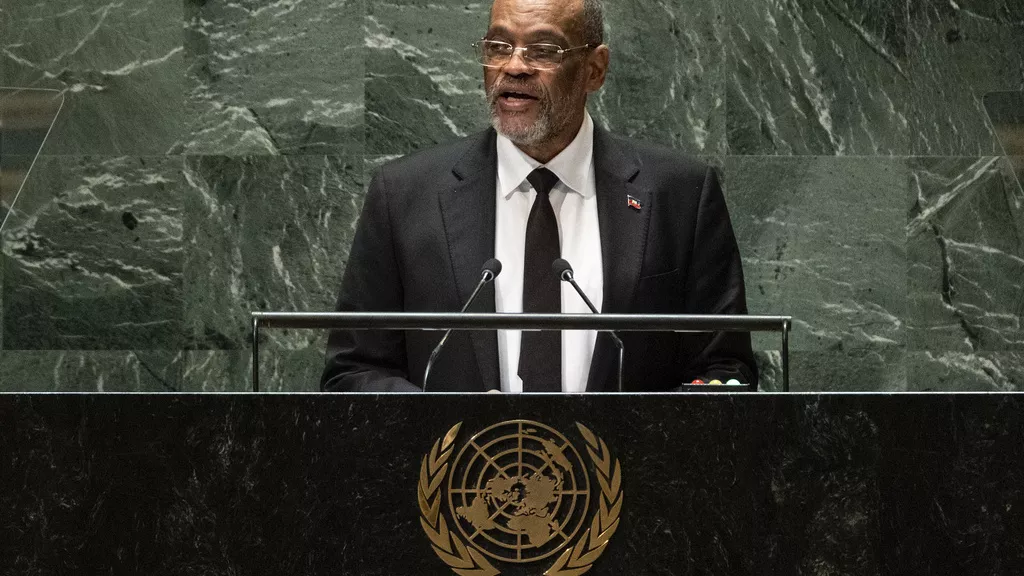Kenya’s Police Assistance: Haitian Prime Minister’s Push for Quick Action
Haiti’s Prime Minister, Ariel Henry, arrived in Kenya to address challenges surrounding a plan for Kenya to deploy 1,000 police officers to Haiti to combat gang violence. This initiative agreed upon in October, faced setbacks when the Kenyan High Court deemed it unconstitutional in January, citing the absence of “reciprocal agreements” between the two countries and the constitutional restriction on deploying the Kenyan National Police Service outside the country.
The Haitian Prime Minister’s visit to Kenya, at the invitation of President William Ruto, seeks to “finalize the modalities” of agreements for the deployment of Kenyan police officers to Haiti. The nature and potential of these agreements to navigate the court’s ruling remains uncertain. The meeting between Ruto and Henry at State House in Nairobi focused on strengthening cooperation and leveraging Kenya’s police expertise for a multinational security support mission in Haiti.
While Ariel Henry has expressed commitment to holding elections since assuming office after the assassination of President Jovenel Moïse in July 2021, gang violence has impeded progress. Caribbean leaders recently announced that Henry agreed to hold general elections by mid-2025, signaling a renewed focus on political stability in Haiti.
Opposition leader Ekuru Aukot, who contested the deployment in court, raised concerns about Henry’s legitimacy to sign agreements on behalf of the country and emphasized Kenya’s security challenges, including threats from the extremist group al-Shabab.
The deployment plan is part of broader efforts to address the surge in gang violence in Haiti since Moïse’s assassination. Political instability and an increase in gang influence have contributed to a dire security situation, with over 8,400 people killed, injured, or kidnapped in 2023. Gangs are estimated to control up to 80% of the capital, Port-au-Prince.
Despite the potential benefits of international assistance, the deployment faces legal and logistical hurdles. Resolving these challenges is crucial for Haiti to tackle the pervasive issue of gang violence and move toward political stability and democratic governance.



















